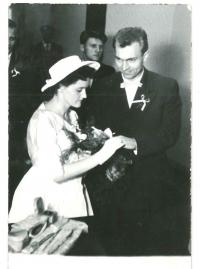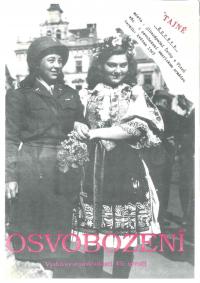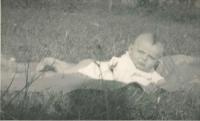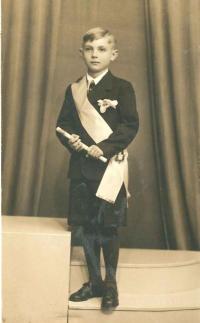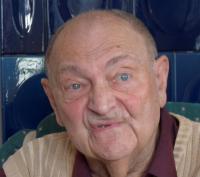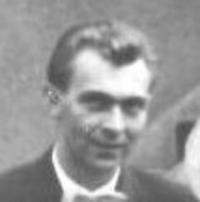Life must be taken with a pinch of salt

Stáhnout obrázek
Vítězslav Keller was born to František and Anna Keller on 16 February 1933 in Dobřany. For the first five years of his life, he lived with his parents and his sister Věra in Dobřany. When the Munich Agreement was signed and the Sudetes annexed by Germany, the whole family was forced to move to Pilsen to an aunt, where they stayed until the end of the war. He attended a primary school on Jirásek Square in Pilsen, which was later turned into a military hospital. Therefore, he switched to Nad Hamburkem Primary School. After successfully passing entrance exams and the racial committee, he was accepted to study at the grammar school on Unionists Square, which he also graduated from. He enrolled at the University of Mechanical and Electrical Engineering in Pilsen. After earning his degree he chose to work at Silvestr Mine near Dolní Rychnov as as assistant to the head power engineer. He retained this job for three years. He later undertook a short internship in the USSR. He was employed at a mining company near Sokolov until his retirement. In 1957 he married Jarmila Filipová, who worked as a paediatrician. They had two sons, Vítězslav and Martin. They moved to Karlovy Vary in 1987. His wife died in 1994, and he did not remarry. He lives in Karlovy Vary and still works as a consultant for the mining company near Sokolov. In his free time he records his memories in writing - in „essays“.
